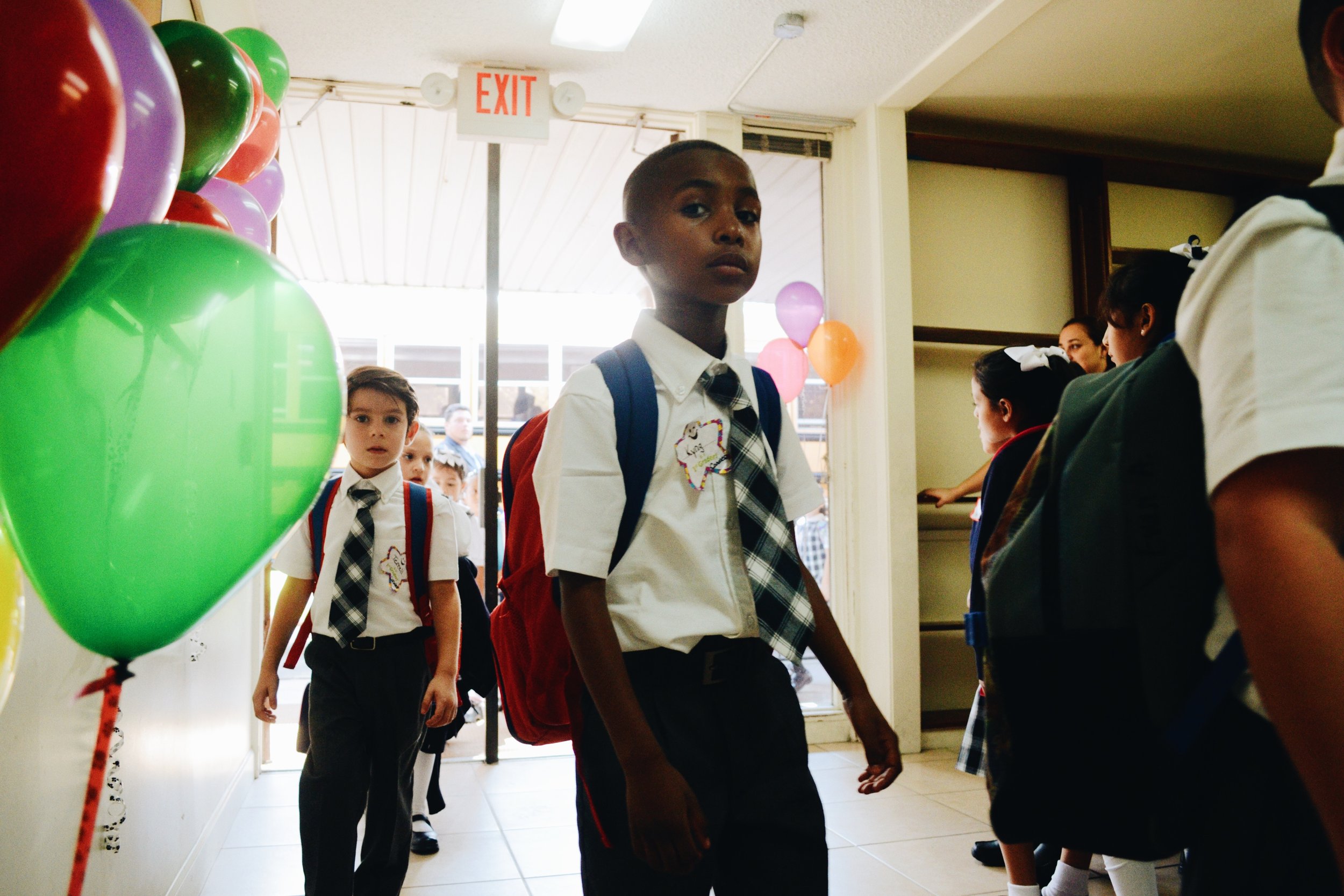
PARENT RESOURCES
Suggested Parental Reading
THE SMARTEST KIDS IN THE WORLD: AND HOW THEY GOT THAT WAY
AMANDA RIPLEY
Amanda Ripley looks at the world's new education superpowers through the experiences of three American teenagers who chose to spend one school year living abroad — one in Finland, one in South Korea and one in Poland. Amanda Ripley examined how these countries rose to the top in student performance world wide. The discovery: effective change not only could be done, it has been done in countries with the same challenges we face.
The book presents a clear path to a solution to school under performance. It is Beta Academy's desire to partner with parents and bring the importance of education back to the forefront.
EXCERPTS

Suggested Viewing
WAITING FOR SUPERMAN
Many educators, parents, political leaders, business people, and concerned citizens are determined to save our educational system. Waiting for “Superman” (2010) offers powerful insights from some of those at the leading edge of educational innovation, including Bill and Melinda Gates, Michelle Rhee, Geoffrey Canada, and more.
Waiting for “Superman” is an inspiring call for reform and includes special chapters that provide resources, ideas, and hands-on suggestions for improving the schools in your own community and throughout the nation.

